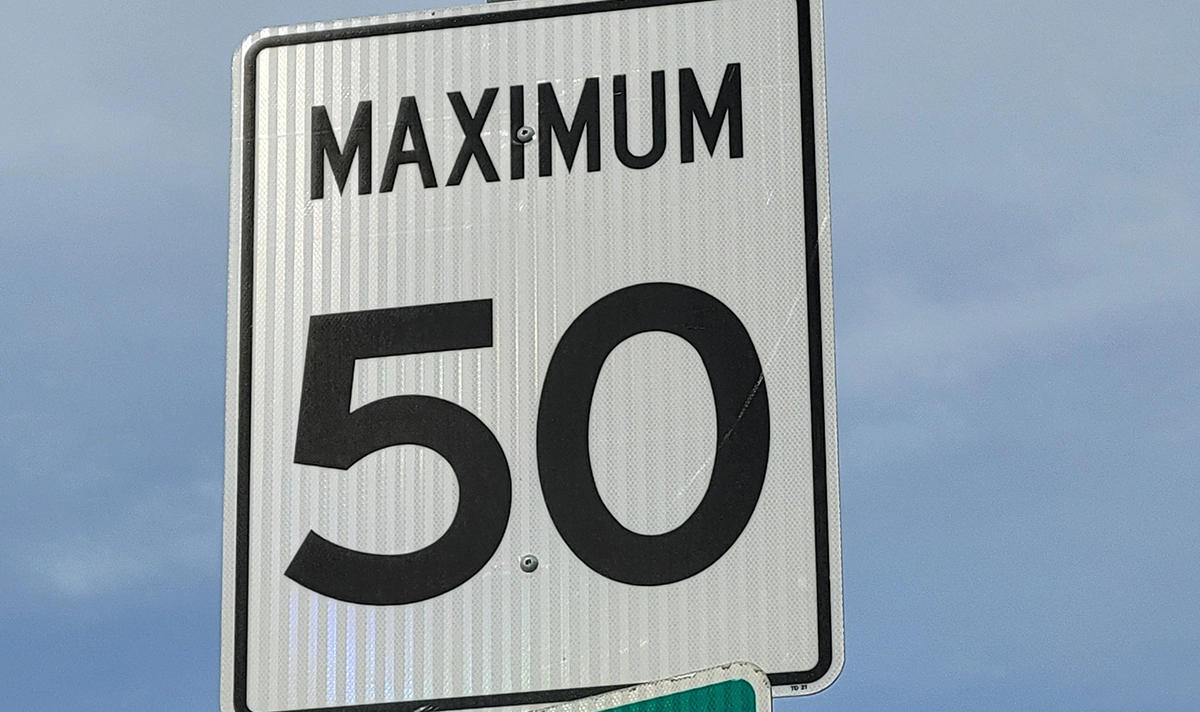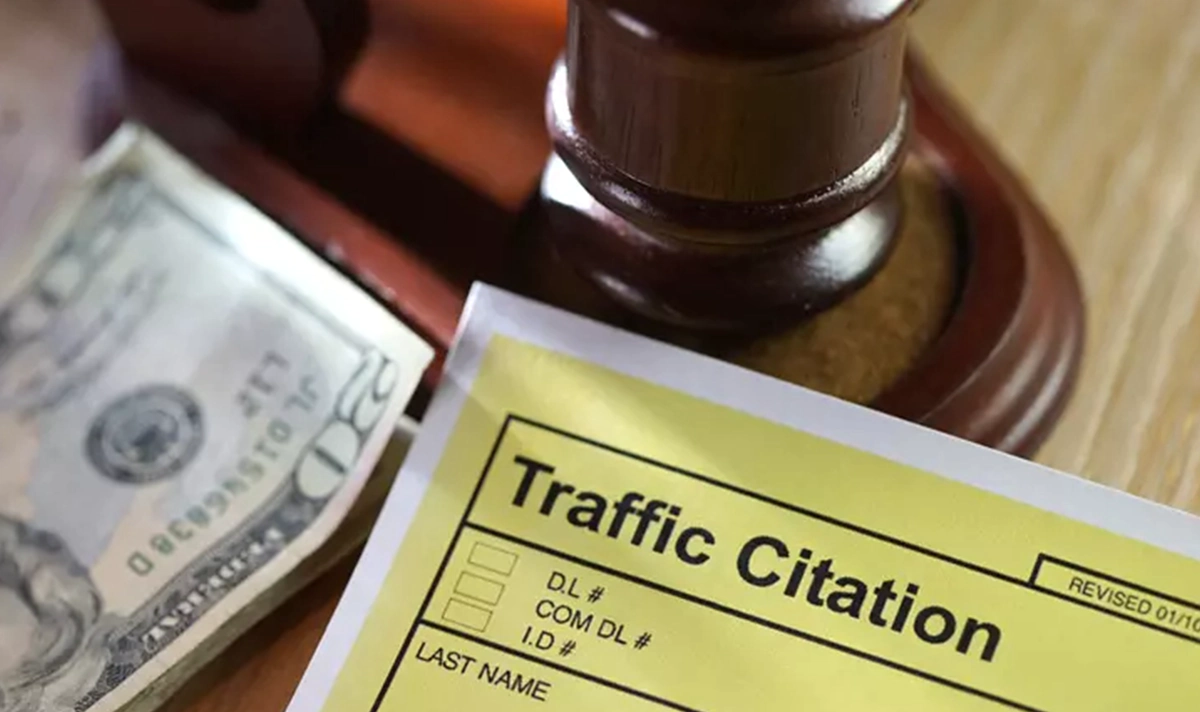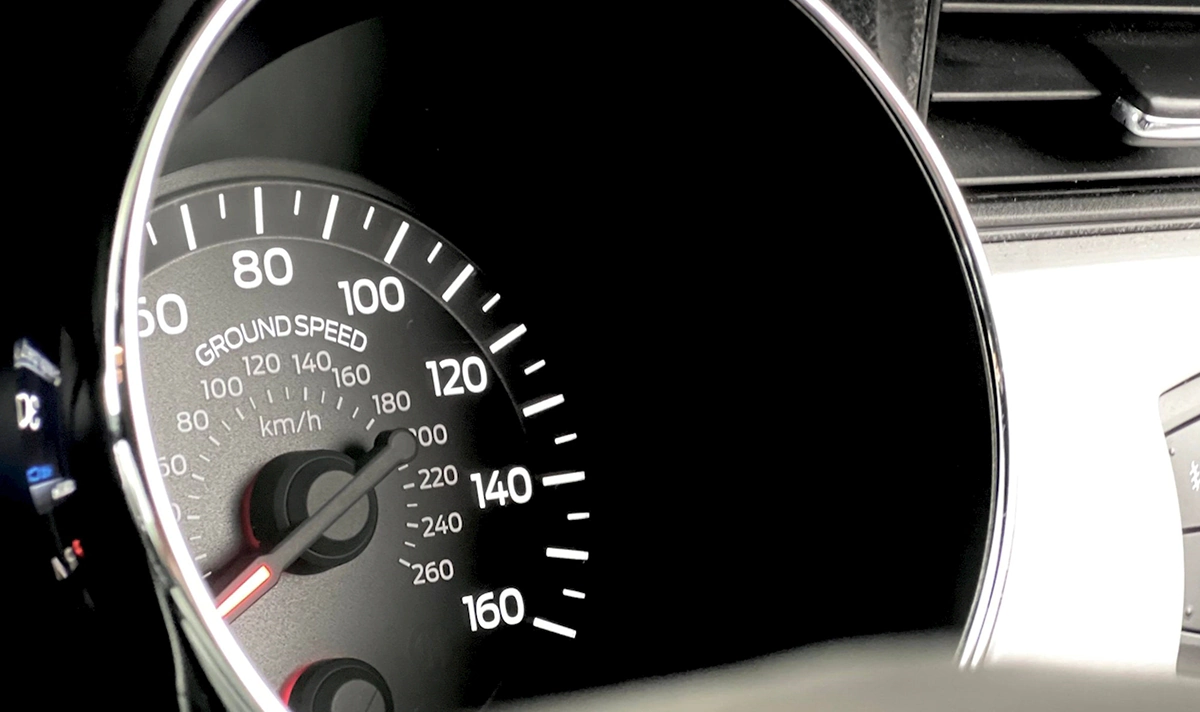Driving at 50 km over the speed limit in Ontario is not just a simple traffic violation—it can be considered a serious offence under Ontario law. Depending on the specific circumstances, such as the location and the speed zone, the police have considerable discretion in determining how to charge the driver. This article will explore the various implications of speeding, including fines, penalties, legal aspects, and how drivers can avoid hefty fines and potential criminal charges.
Overview of Speed Limits and Fines in Ontario
Ontario has a structured system of speed limits designed to maintain road safety. Generally, the highway speed limit in Ontario is set at 100 km/h, while speed limits on other roads typically range from 40 km/h to 80 km/h, depending on the road type and surrounding area. However, when a driver exceeds the speed limit by a significant margin, particularly by 50 km or more over the limit, the police can choose to proceed under different sections of the law.
How Speed Limits Affect Fines
When a driver is caught over the limit, the police have two primary options. For speeds exceeding 40 km/h in zones less than 80 km/h or 50 km/h in zones 80 km/h or more, the police can charge under:
- Section 128 of the Highway Traffic Act: This covers general speeding offences and results in fines, demerit points, and possibly a license suspension.
- Section 172.1 of the Highway Traffic Act: This pertains to “stunt driving” or “racing,” which carries much more severe penalties, including immediate vehicle impoundment, license suspension, and a court appearance.
Speeding Fines and Penalties in Ontario
What Are the Fines for Speeding in Ontario?
The fines for speeding in Ontario depend on how much over the speed limit the driver is caught:
- 1-19 km/h over the speed limit: $2.50 per km/h.
- 20-29 km/h over the limit: $3.75 per km/h.
- 30-49 km/h over the limit: $6.00 per km/h.
- 50 km or more over the limit: If charged under Section 172.1, fines can range up to $10,000, depending on the judge’s discretion.
Speeding Ticket Penalties
Penalties for driving 50 km over the speed limit in Ontario, depending on the charge, may include:
- Under Section 128:
- A fine determined by the rate of speed, plus court costs.
- Six demerit points added to the driver’s record.
- Possible suspension of the driver’s license.
- Under Section 172.1:
- Immediate 30-day roadside license suspension.
- 14-day vehicle impoundment.
- A potential fine of $2,000 to $10,000 upon conviction.
- Up to six months imprisonment.
- Increased insurance rates or policy cancellation.
How Speeding Penalties Are Determined
Factors Affecting Speeding Fines
Several factors can influence the severity of the fines and penalties you may face:
- Zone-specific speeds: Exceeding 40 km/h in zones under 80 km/h or 50 km/h in zones over 80 km/h puts the driver at risk of being charged under the more severe Section 172.1.
- Driver’s history: A history of traffic violations may lead to harsher penalties.
- Conditions at the time: Speeding in school and construction zones can result in higher fines and penalties.
Impact of Speeding Violations on Your Driving Record
Speeding violations, particularly those charged under Section 172.1 for stunt driving, can have long-term effects on your driving record. An accumulation of demerit points can result in suspension, while a stunt driving conviction will remain on your record for years, affecting both your ability to drive and your insurance rates.
Legal Aspects of Speeding in Ontario
Speeding Ticket Laws in Ontario
Ontario’s speeding laws give the police discretion in how they charge a driver caught speeding. For those caught 50 km over the speed limit, or even 40 km over in zones less than 80 km/h, a police officer may decide whether to issue a ticket under Section 128 or escalate the matter to a stunt driving charge under Section 172.1, which is far more severe.
How to Contest a Speeding Ticket
Contesting a speeding ticket, especially when charged under stunt driving provisions, is often challenging. It is crucial to seek assistance from a competent paralegal or attorney or consult with Traffic Paralegal Services to explore your options, whether that means challenging the evidence or negotiating a lesser charge.
Tips for Avoiding Speeding Tickets
Strategies for Adhering to Speed Limits
- Stay informed of speed limits: Always check and follow posted speed limits, which can change frequently in certain areas.
- Use technology: Many GPS devices and apps can alert you to speed limits and changes.
- Avoid rushing: Plan your journey to allow plenty of time, reducing the temptation to speed.
Defensive Driving Techniques
Implementing defensive driving practices can help you stay within speed limits and avoid violations:
- Be mindful of conditions: Adjust your speed based on traffic, weather, and road conditions.
- Anticipate hazards: Watch for signs, pedestrians, and other vehicles, keeping your speed in check.
- Stay calm under pressure: Avoid aggressive driving or responding to other drivers’ mistakes by speeding.
Conclusion
Recap of Key Points on Speed Limits and Fines
Driving 50 km over the speed limit in Ontario can lead to serious consequences, ranging from hefty fines to a potential record, depending on the officer’s discretion and the specific circumstances. Understanding both the Ontario speed limit fines and the legal implications of being charged under different sections of the law is crucial.
Final Advice for Ontario Drivers
To avoid severe penalties, it is essential to be mindful of speed limits and practice safe driving. However, if you find yourself facing a speeding charge, especially one that could be classified as stunt driving, consulting with Traffic Paralegal Services can provide you with the best chance to defend your rights and minimize the impact on your driving record.
For further details on speeding tickets, visit our Speeding Tickets page. For legal assistance, reach out to Traffic Paralegal Services today.










Leave A Comment
You must be logged in to post a comment.